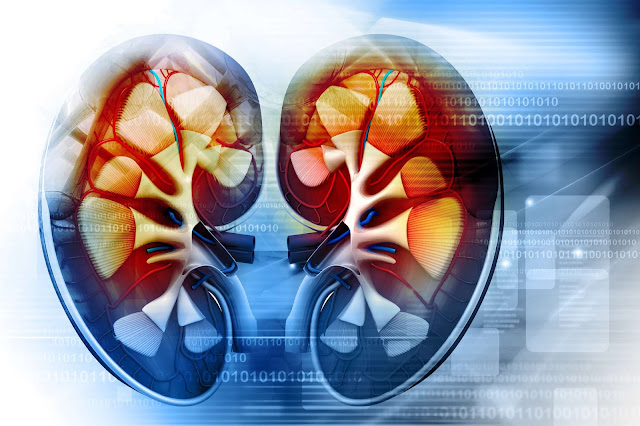Kidney stones are a health condition that millions of people deal with. One of the big problems this health condition causes is very intense symptoms. Pain is one of the less desirable symptoms of kidney stones. It can range from sharp intense pain to dull ongoing pain. You may also find that you’ll feel pain in various areas of your body.
The kidney pain stone location can vary from person to person. In the very early stages, you can feel sharp and sometimes severe pain on the sides of your abdomen. The pain can also be felt below the ribs and on your back.
Eventually, the pain will move down to the lower abdomen and groin area. This pain can fluctuate frequently. You may not feel anything for a couple of hours only to feel intense pain later on. The pain can also be fairly mild one day and severe in another.
The kidney pain stone location will depend on what stage of passing the kidney stones you are in. Many people that have dealt with kidney stones report that the initial stages tend to be the most painful. This is when your kidneys recognize that there is a foreign object and try to remove the kidney stone from your system.
The kidney stone moves to the ureters. The pain associated with kidney stones usually is the result of spasms triggered by a stone stuck in the ureter, coupled with pressure in the kidney from urine backup If your stone is located in one of your ureters (the tubes that carry urine from each kidney into the bladder), you’ll likely feel pain in your back. If the stone is in the left ureter, your pain will be on the left side of your back. If in the right ureter, the pain will be on the right side of your back. Then you’ll deal with the pain moving down as it is being passed through the ureters to your urinary tract.
If your stone moves down toward your groin, you’ll usually feel an urgency to urinate, and you’ll urinate often. You may also have a burning sensation. It may feel like you have a bladder infection or a urinary tract infection because the discomfort is very similar, If your kidney stone reaches the bladder, generally the pain's over and you’ll pass the stone when you urinate. Some people think it’s painful when you pass the stone, but that’s not usually true. Once it reaches your bladder you often do not have any more pain and you may not even know you passed the stone unless you are straining your urine. You should try to drink a lot of fluids and help push the stone out as you urinate. This can cause additional pressure and pain but you will be happy once it passes!
It’s important to keep in mind that kidney stones can get worse. If you don’t address the cause of the kidney stone properly, you’re going to inevitably get another one. And if the kidney stones get too big, it may require an invasive procedure to get rid of them.
To properly address the cause of your kidney stones, you will need to understand what type of kidney stone you have. The most common kidney stones are calcium oxalate stones and uric acid stones. Both of these kidney stones can be addressed by making lifestyle choices such as restricting certain foods and limiting certain foods.
For calcium oxalate stones, you will need to avoid eating foods with high oxalate content and lower your overall oxalate consumption. For uric acid stones, you will have to decrease the consumption of protein, particular from animal sources such as chicken, beef, pork, and seafood. This will help you control uric acid levels, which is known to contribute to the growth of uric acid stones.
One thing you should be aware about is when you should seriously seek help. If the pain from your kidney stones is very intense and leading to nausea, vomiting, fever and chills, you need to go see your doctor as soon as possible. You may have some kind of infection due to the kidney stones or may be dealing with large kidney stones that’s having a hard time getting passed.
This holds true if the pain continues to persist and it seems you’re not passing the kidney stones. Always consult with your doctor about your kidney stones to get a proper evaluation and do not assume it’s something that will go away on its own.

